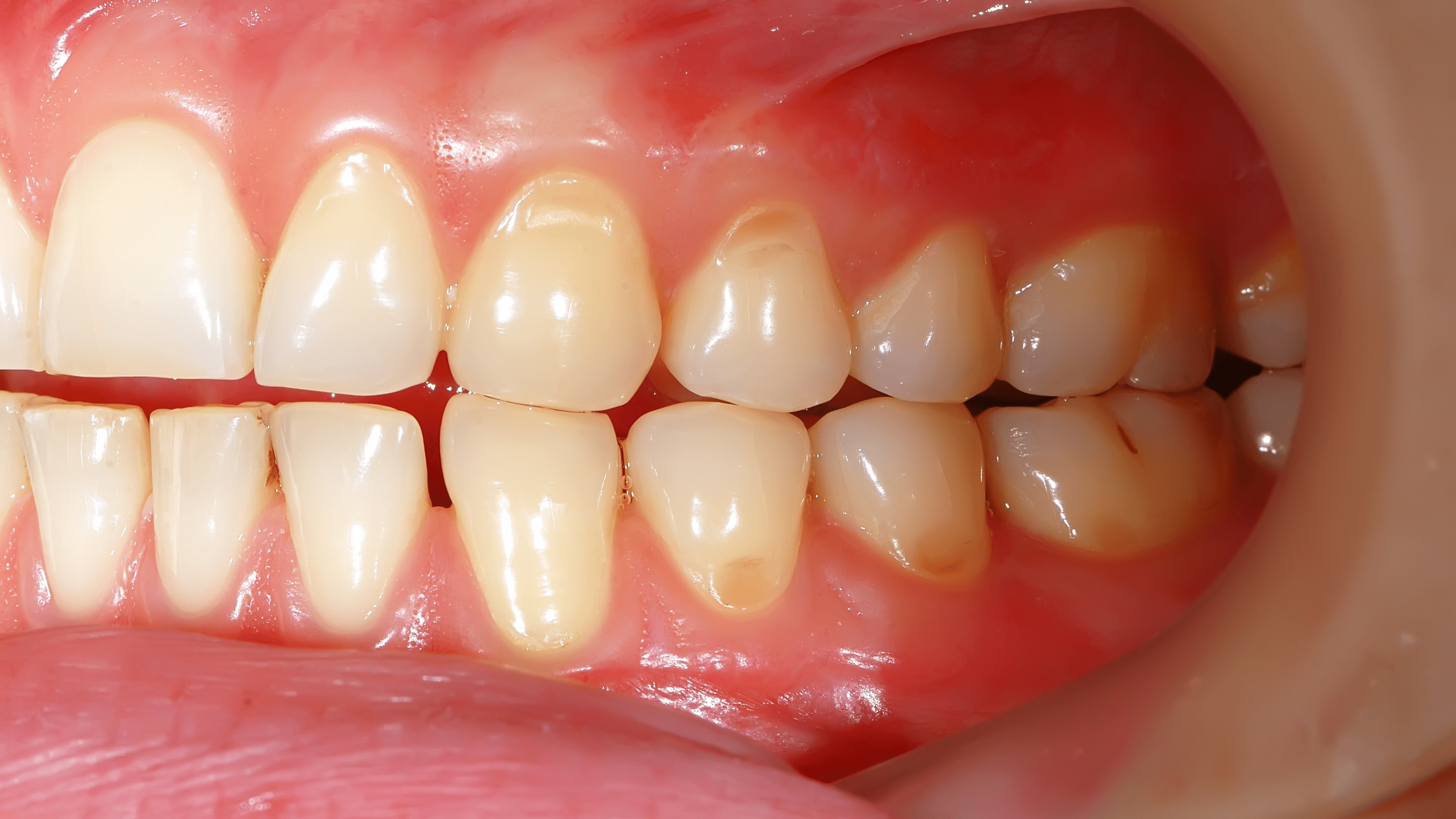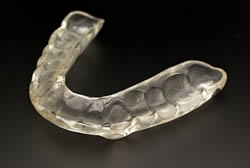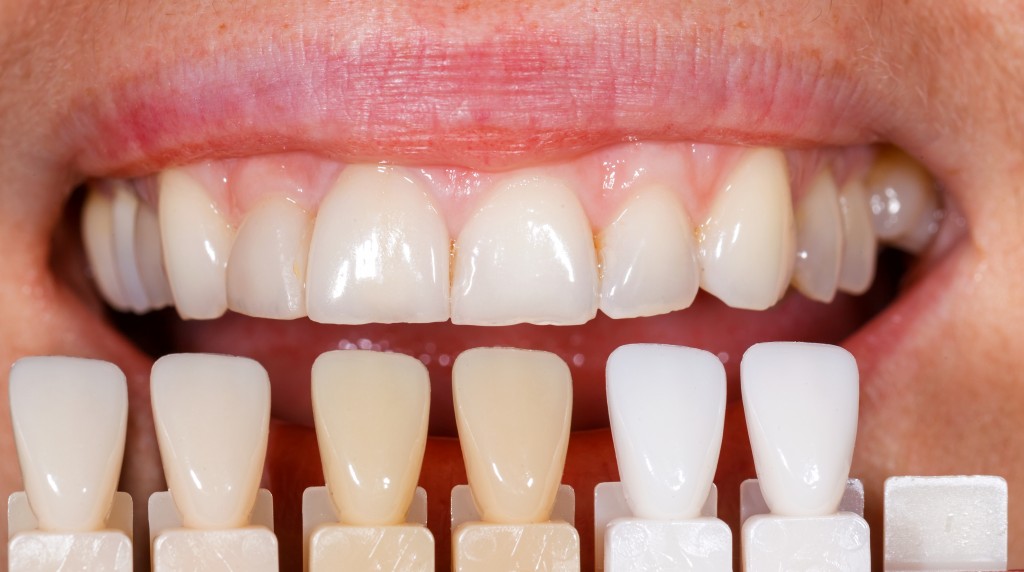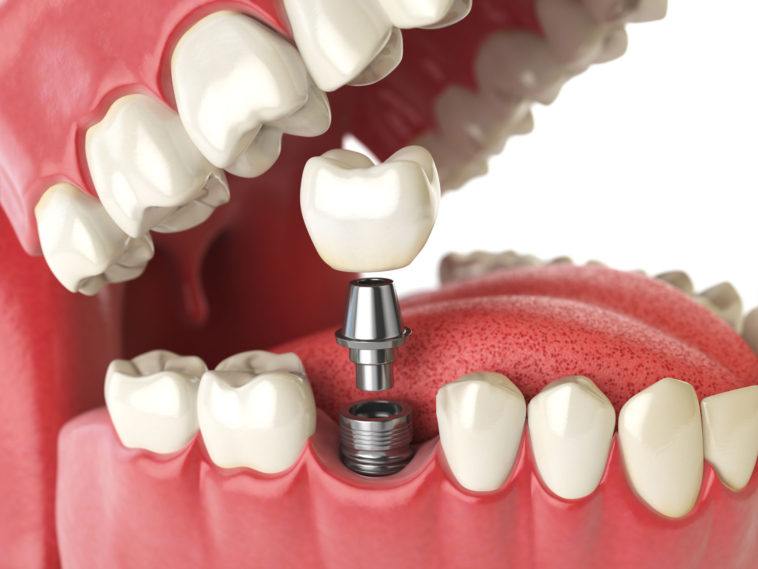- Home
- Services
- Tooth grinding and clenching
Tooth grinding and clenching

Teeth grinding is a surprisingly common occurrence and often happens whilst asleep. Most people are therefore unaware that they are grinding and only come to realise it when their partner complains of the noise the following morning. People who grind at night often clench during the day without realising it.
- Noticeable effects of grinding (bruxism) are:
- Ear ache
- Jaw pain
- Facial and neck pain
- Sleep disorder - both yourself and partner
- Sensitivity to hot and cold drinks
- Fractured and worn teeth
- Headaches
Why do we grind?

One reason for grinding is when we try and compensate for an imperfect bite.
You may also find that you suffer from jaw clenching, which if combined with grinding, will cause greater discomfort and damage to the teeth.
It is also thought that stress can lead to grinding although you may be equally unaware that you are doing so as it often happens during your sleep.
Recent research has shown that grinding is often associated with breathing problems. When people have a small airway because they have a small jaw or blocked nose, lying down can cause that airway to block off completely. To unblock the airway, you move the lower jaw back and forth to pull the tongue out of the way. This leads to grinding. In children blocked airways from swollen tonsils, adenoids and allergies is the main cause of grinding.
What can be done about it?
As most grinding occurs during your sleep, the most common solution is the use of a night guard to protect the teeth. This doesn't stop the grinding it only stops the wear and fracturing of teeth.
Your dentist may also be able make adjustments to your teeth order to achieve a better bite and thus reduce the subconscious effort you are making to wear down uneven contacts on your teeth.
Some people benefit from Botox injections which paralyse the grinding muscles and gain relief from the muscle tension of grinding that way. But the Botox only lasts 4-6 months then another injection is required.
However, if your grinding is a result of an inability to breathe, having Botox injections can mean that your sleep apnoea may worsen as you are unable to move your jaw easily to open up the airway.
If your grinding is a result of stress then relaxation techniques and stress management are helpful.
What we do at this practice
At this practice when someone has a grinding problem we first determine whether the grinding is causing muscle, joint or tooth problems. Then we look at what is causing it. Is it a bite, stress or breathing problem? Or a combination of all three? Only then do we treat the root cause of the problem using either protective splints, jaw re-positioning orthotics, breathing therapy, osteopathic treatment, orthodontics or surgery.
"Any surgical or invasive procedure carries risks. Before proceeding, you should seek a second opinion from an appropriately qualified health practitioner."




